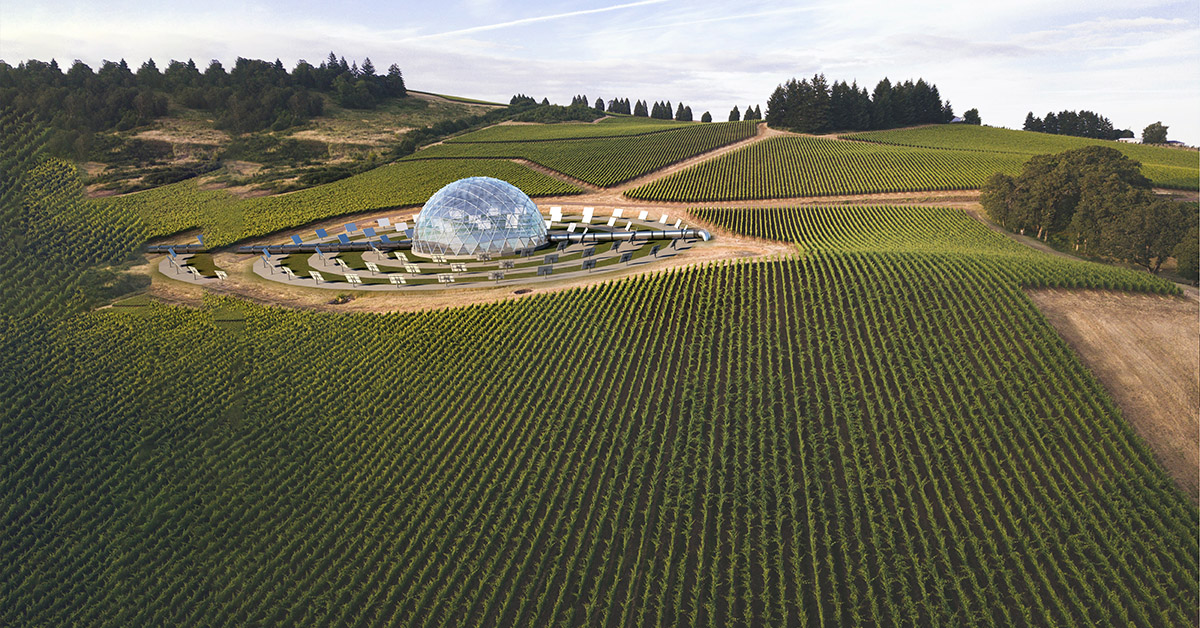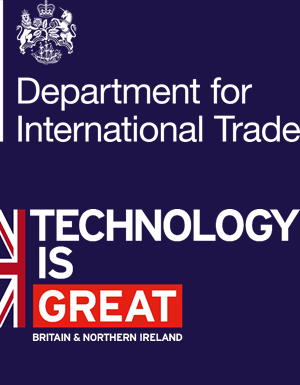| row-start col-xs-12 |
| row-start col-md-7 |
The UK's Solar Water Plc is revolutionising seawater desalination in desert climes
Country: Saudi ArabiaDesalination is the lifeblood of cities in the Gulf region, where fresh water is scarce but demand is high. As established cities grow in population, and as gleaming new cities emerge in the desert, the requirement for desalinated seawater will only grow.
Traditional desalination is extremely energy intensive, expanding carbon footprint and greenhouse gas emissions, and negatively impacting the marine environment as the salty brine residue is returned to the ocean following desalination. The basic technology has not changed much since its invention in the 1950s. Desalination contributes up to 90 per cent of daily water needs in the Middle East, and the region is home to around 70 per cent of all desalination plants worldwide. Saudi Arabia alone hosts 37 desalination plants, including Al Jubail, the world’s largest which produces 1.4m cubic metres of fresh water each day.
Finding a low-carbon solution that is both energy efficient and environmentally friendly has been a huge challenge for countries in the region.
Using the latest technology that mirrors the natural hydrological cycle process of evaporation, condensation and precipitation, and with only the sun as the energy source, Solar Water Plc has developed a solution that will produce inexhaustible amounts of fresh water and produce commercial salt – not brine – as a by-product.
Award-winning technology
Solar Water Plc has developed the world’s first completely carbon neutral hydro-infrastructure project, designed to produce and make available a massive ongoing amount of pure, clean water for municipal, industrial, farming and bio-tech consumption.
The technology involves a dome – a hydrological sphere – constructed from glass and super conductive steel into which sea water flows. Large parabolic mirrors surround the dome, capturing the sun’s energy which is reflected onto the dome. This energy heats the continuous inflow of seawater to high temperatures at which the sea water evaporates, condenses, and precipitates as fresh water, thereby creating a constant water cycle within the dome. Fresh water is collected and channelled into reservoirs, and the remaining brine gathers at the bottom of the dome’s basin. Salt is extracted from the brine as a by-product and sold commercially, ensuring that neither salt nor brine is returned to the ocean.
The quantity of water generated will depend on the size of the dome, which comes in diameters between 20m and 120m. Other variables such as geography, latitude, and availability of continuous sunlight will also play a part.
“Our ground breaking, award winning technology is 100% carbon neutral and totally sustainable.
“In NEOM we have a partner who has a strong vision of what a New Future looks like in harmony with nature. We are equally proud of our partnership with Jordan Phosphate Mines Company, assisting the country’s largest exporter.
“We are committed to help solve the global freshwater shortages with our sustainable solution, and are on standby for further involvement with the region and its people.”
- David Reavley, CEO Solar Water Plc
Globally, traditional reverse osmosis desalination plants are generating a combined 76 million tons of CO2 per year, with these greenhouse gas emissions expected to grow to around 218 million tons by 2040 if no action is taken.
A new paradigm in the Middle East
The nations belonging to the Gulf Cooperation Council (GCC) each have country vision strategies which include commitments to reducing their carbon footprint and moving towards cleaner sources of energy. This year, Qatar claimed a new world record low price for solar power when it tendered the 800MW solar PV project designed to power the FIFA World Cup 2022. Solar has been hailed as the ‘cheapest electricity in history’ by the IEA in the World Energy Outlook 2020 report, and the abundance of sunshine in the Middle East makes the Solar Water solution to tackle desalination even more compelling.
With support from the UK’s Department for International Trade, Solar Water Plc’s ground-breaking technology has been selected to provide fresh water to NEOM, Saudi Arabia’s flagship giga-project. Groundbreaking will commence in December 2020 with a view to completing the first dome by the middle of 2021.
Jordan has also seen the long-term opportunity of partnering with Solar Water Plc and the Jordanian Phosphate Mines Company (JPMC) has brought the company on board to supply fresh water to its phosphate plant in the Gulf of Aqaba, 300km south of Amman on the Red Sea. JPMC is Jordan’s largest exporter. Water self-sufficiency will not only allow the company to grow and expand operations, but crucially it will also mean that the city of Aqaba will have an extra 2m cubic metres of water that JPMC will no longer need.
Using the abundant energy from the sun and the unlimited supply of ocean water to create fresh water in the desert, Solar Water Plc is just one example of UK innovation turning a challenge into a solution.
For more information on Solar Water visit www.solarwaterplc.com.
| col-sm-12 col-md-5 row-end top-80 |



